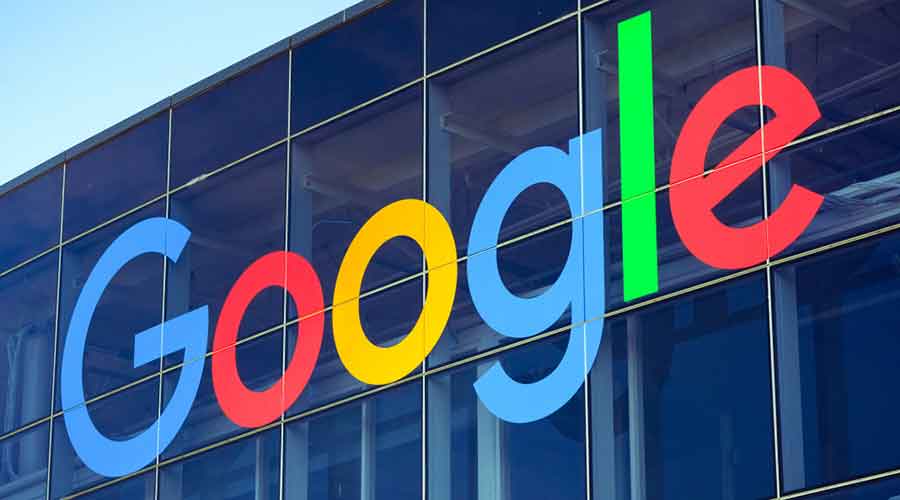In a major escalation, Google threatened on Friday to make its search engine unavailable in Australia if the government approved legislation that would force tech companies to pay for journalism shared on their platforms.
Facebook, which appeared with Google at an Australian Senate hearing, reaffirmed a threat of its own, vowing to block users in Australia from posting or sharing links to news if the bill passed.
In both cases, the dire warnings — which one senator called blackmail — revealed the apparent willingness of Facebook and Google to hide or erase reliable sources of information for millions of people at a time when social media platforms are under fire for helping misinformation spread worldwide.
The companies argue that they already help the media industry by sending it traffic, and that the bill would open them up to “unmanageable levels of financial and operational risk”.
The response by Google, which controls 95 per cent of all queries in Australia in addition to owning YouTube, has grown particularly aggressive: The company recently buried major Australian news sites in search results in what it called an “experiment”.
But the precedent of paying for journalism does not, in itself, seem to be the issue.
A few hours before Google threatened to take away its search engine in Australia, the company agreed to pay news publications in France under an agreement that is likely to lead to more deals across Europe. The battle in Australia centres on power: who gets to decide the payments, what prompts a charge for the tech companies and when do they have to reveal changes in their algorithms.
Australia’s assertive challenge to the social media giants has placed it in the vanguard of a movement to bolster a traditional news media ecosystem that America’s trillion-dollar tech companies threaten with extinction. For Google and Facebook, their intense pushback has become a focal point of their global efforts to limit regulation, as governments around the world look to rein them in.
Here’s a summary of the fight.
Rapid vs. Prolonged Negotiations
Under Australia’s proposed legislation, if media companies and platforms like Google cannot agree on a price for news content, an independent arbitration body will resolve the dispute.
That could amount to a first in the world.
The agreement in France lets Google negotiate with publishers using criteria the company has established, such as the contribution to general discussion, publication volume and audience size. Disputes would most likely go to court, where they could be bogged down for years, delaying payment.
Australia’s bill would streamline the process and strengthen the weaker side — the media.
As Rod Sims, the chairman of Australia’s consumer protection regulator, explained: “The aim of the code is to
address the uneven bargaining position between Australian news media businesses and the big digital platforms who have clear market power.”
The tech companies say it would create an incentive for media companies to jack up prices, sending cases to an arbiter who will determine final payment. They point to a government report estimating that 75 per cent of the negotiations could end up with arbitrators.
Critics argue that Google and Facebook are simply trying to maintain their position as the ones who get to determine what news is worth.
“It’s about the external process being imposed on them by legislation, rather than by them just being able to dole out deals as they see fit,” said Peter Lewis, director of the Center for Responsible Technology at the Australia Institute, an independent research group.
The fight centres in part on a debate over the nature of search results, and on the question of whether tech companies should pay for every article that Australians see on their platforms.
In a submission to Australia’s Senate inquiry about the proposal, Tim Berners-Lee, the inventor of the World Wide Web, wrote that “the code risks breaching a fundamental principle of the web by requiring payment for linking between certain content online”.
“The ability to link freely,” he added, “meaning without limitations regarding the content of the linked site and without monetary fees, is fundamental to how the web operates.”
Melanie Silva, the managing director of Google Australia and New Zealand, made the same argument on Friday in the Senate and in a video posted to Twitter, where she asked people to imagine recommending a few cafes to a friend — and then getting a bill from the cafes for sharing that information.
New York Times News Service











